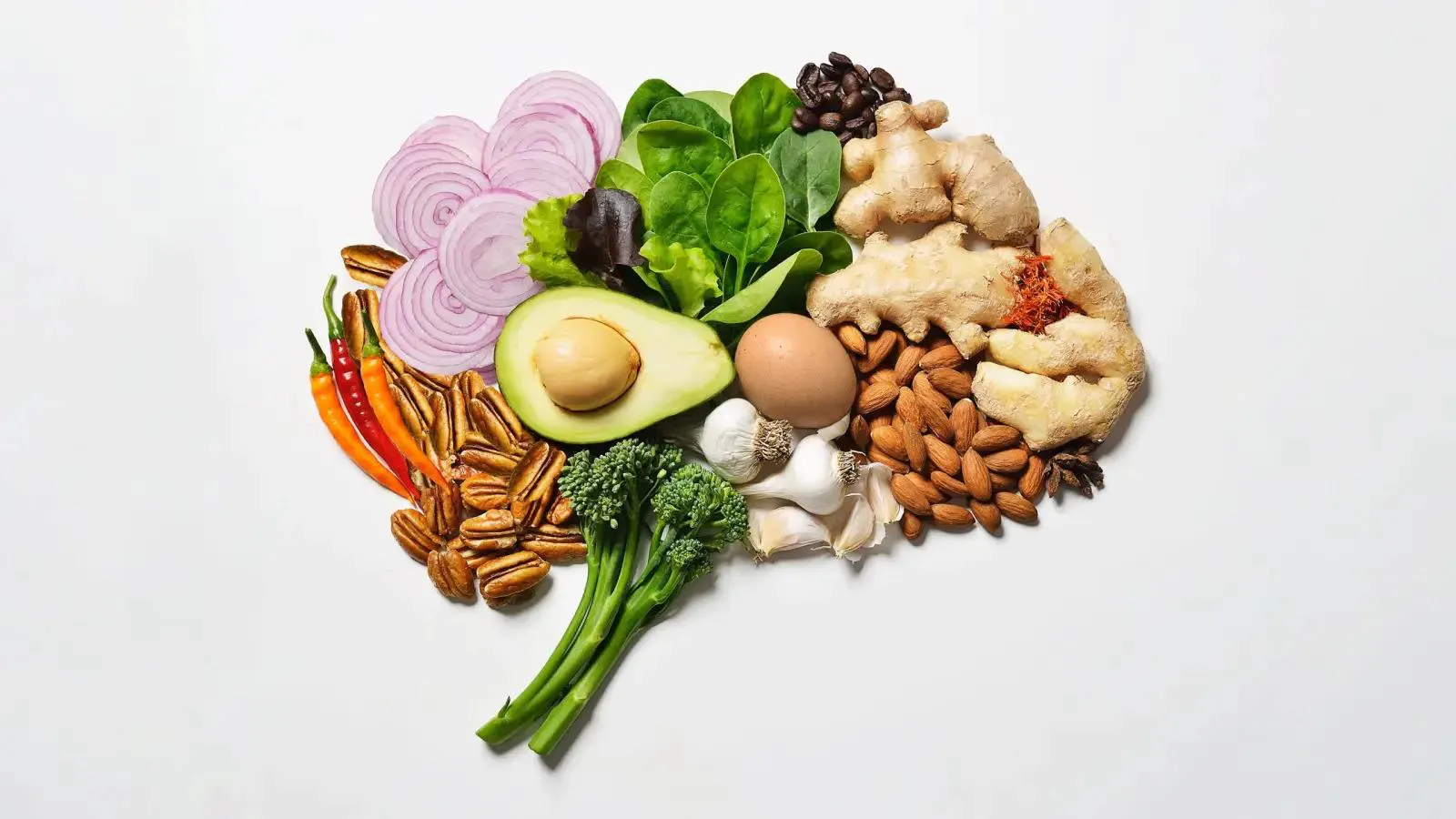Research Overview
A team of scientists from the University of Cologne’s Institute of Zoology has explored the intricate relationship between brain chemistry and overeating using fruit flies as a model organism.
Key Findings
- Octopamine’s Influence: Fruit flies employ the neurotransmitter octopamine to determine whether memories of carbohydrate intake are stored for the short or long term.
- Glycogen Levels: High glycogen levels in fat and muscle tissue result in the formation of enduring food memories, leading to increased food intake even after fasting.
- Reward Perception: When glycogen levels are exceptionally high, the rewarding effect of food diminishes, perpetuating the desire to continue eating.
- Carbohydrate Preference: This mechanism predominantly affects carbohydrate consumption, with protein-enriched foods showing less impact.
Implications for Human Behavior
- Historical Adaptation: The researchers suggest that this mechanism may have evolved to help organisms build energy reserves during periods of food scarcity.
- Modern Consequences: In contemporary food-abundant environments, these long-lasting food memories may contribute to overeating and obesity.
- Human Parallels: Although direct evidence in humans is lacking, the similarity in neurotransmitter systems between fruit flies and humans hints at potential parallels.
- Weight Loss Challenges: The persistence of food reward memories may explain the difficulty individuals face in losing weight, as they prompt increased food intake even when satiated.
Future Directions
- Professor Henrike Scholz, the study’s senior author, proposes that understanding how to manipulate or erase these enduring food memories could hold promise for facilitating weight loss efforts in the future.


